My First $1 Million: Air Force Veteran, 68, Duluth, Ga.
"I realized that my investments made me more money that year than my military salary. That was an awesome feeling."

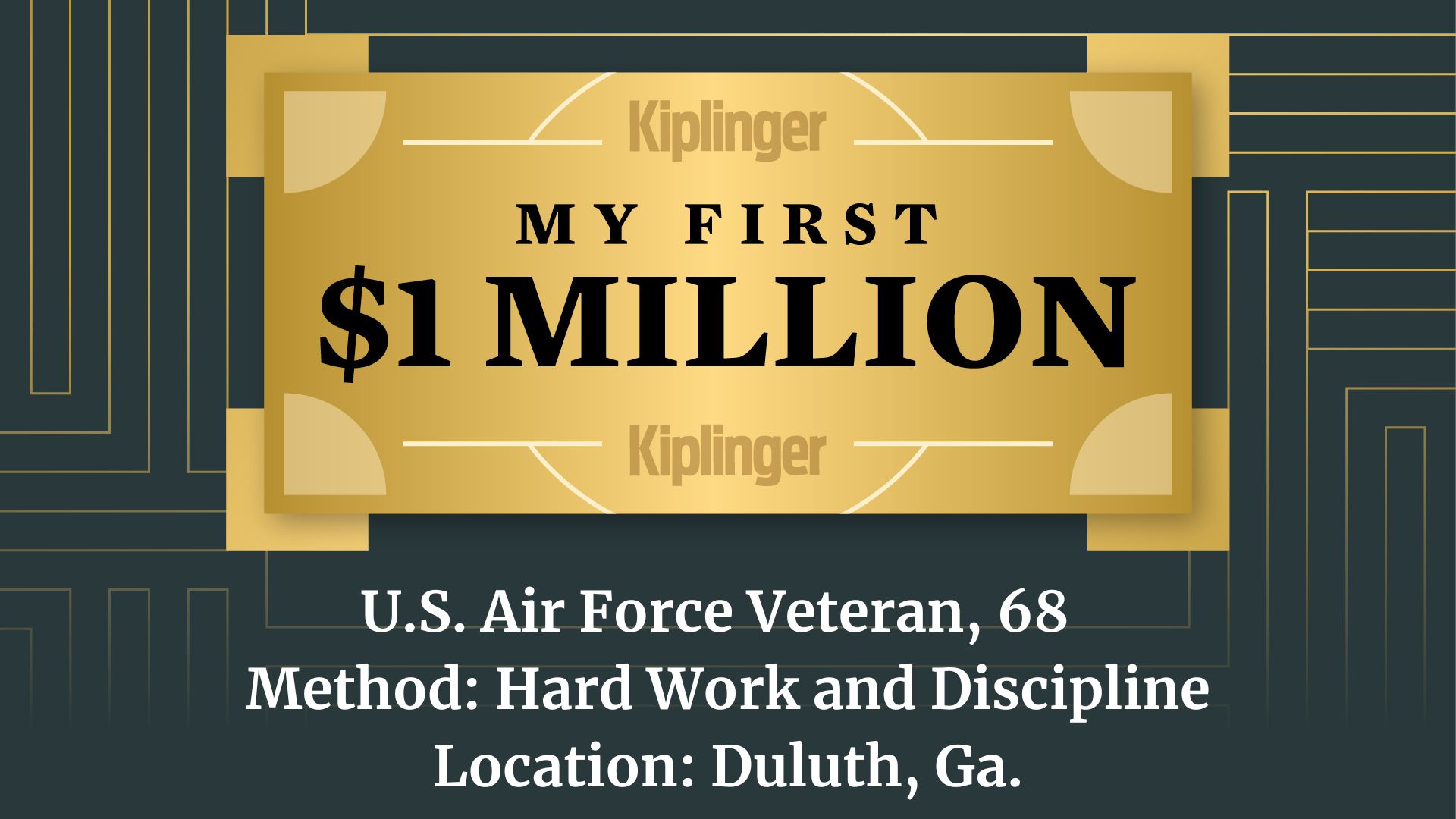
Profit and prosper with the best of Kiplinger's advice on investing, taxes, retirement, personal finance and much more. Delivered daily. Enter your email in the box and click Sign Me Up.
You are now subscribed
Your newsletter sign-up was successful
Want to add more newsletters?
Welcome to Kiplinger’s My First $1 Million series, in which we hear from people who have made $1 million. They’re sharing how they did it and what they’re doing with it. This time, we hear from a 68-year-old retired U.S. Air Force officer who lives in Duluth, Ga.
See our earlier profiles, including a writer in New England, a literacy interventionist in Colorado, a semiretired entrepreneur in Nashville, an events industry CEO in Northern New Jersey and an early retiree in Western North Carolina.
Each profile features one person or couple, who will always be completely anonymous to readers, answering questions to help our readers learn from their experience.
From just $107.88 $24.99 for Kiplinger Personal Finance
Become a smarter, better informed investor. Subscribe from just $107.88 $24.99, plus get up to 4 Special Issues

Sign up for Kiplinger’s Free Newsletters
Profit and prosper with the best of expert advice on investing, taxes, retirement, personal finance and more - straight to your e-mail.
Profit and prosper with the best of expert advice - straight to your e-mail.
These features are intended to provide a window into how different people build their savings — they're not intended to provide financial advice.
THE BASICS
How did you make your first $1 million?
Worked hard, got an education, stuck to a budget that included saving and was very disciplined.
What are you doing with the money?
Kept it invested for long-term growth. I had a successful career as an AF officer and knew that one day I'd have to retire. I retired at 58 with 32 years of active duty (that took me 40 years to earn!).
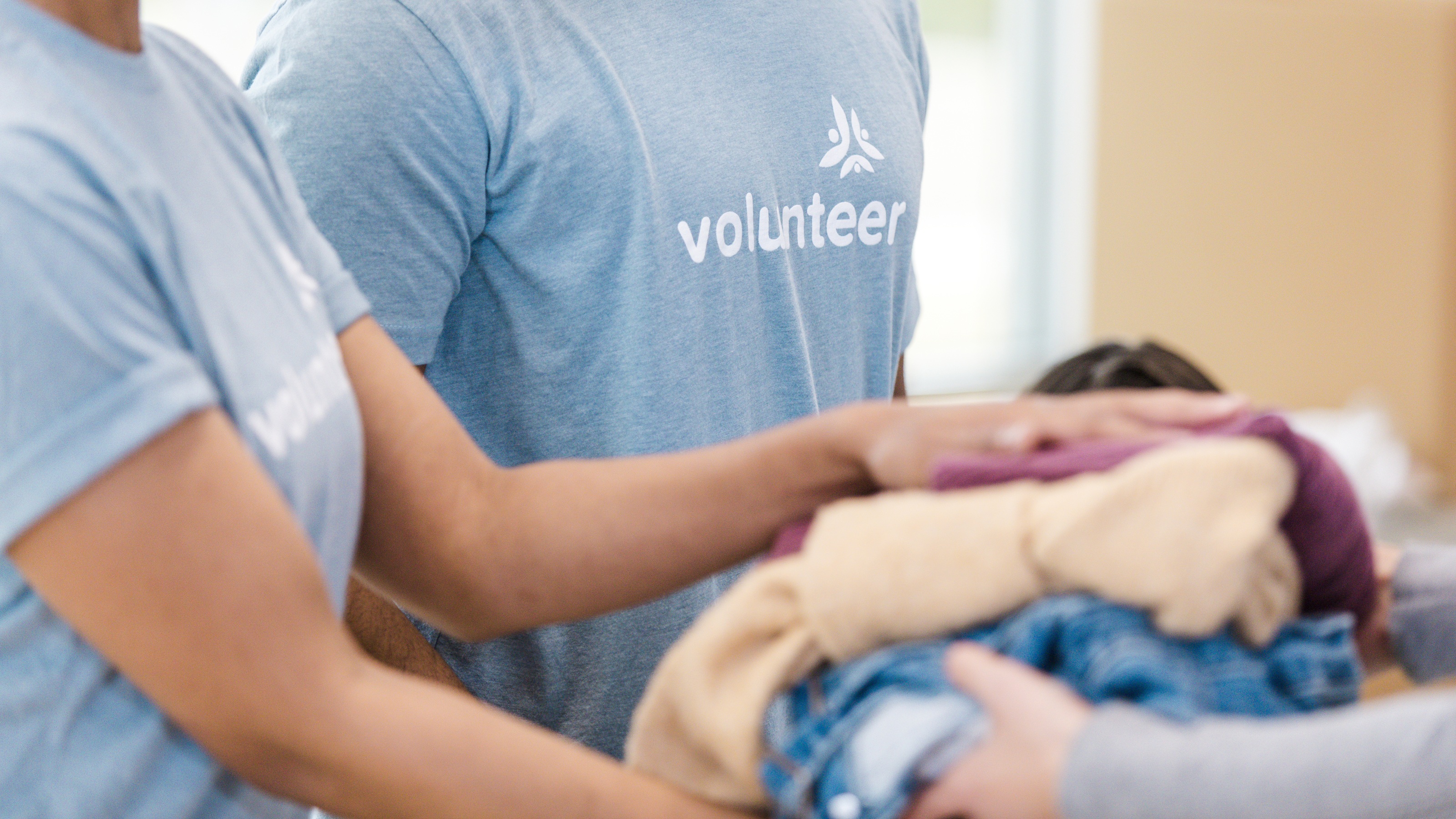
Since retiring, my wife and I have not done anything to "earn" a paycheck. Instead, we have focused on volunteering for organizations we generally support financially.
THE FUN STUFF
Did you do anything to celebrate?
No, it just sort of happened. The most memorable moment was one year when getting ready to do my taxes and end-of-year budgeting, I realized that my investments made me more money that year than my military salary. That was an awesome feeling.
What is the best part of making $1 million?
It is a milestone, but if you stay the course, that initial million will grow, and you will enjoy many options when (if?) you do retire. Travel, charitable giving, volunteering, helping your children in ways that our own parents were unable to help us, etc.

Did your life change?
Sleeping well should not be underrated.
Did you retire early?
I retired when I reached the end of my military career. I had "enough" between our investments and my military pension.
Rather than seek other employment at 58, my wife and I sought out charitable opportunities that took about 25 to 30 hours per week of our time. Very enjoyable.
At 68 now, we've cut back but still value volunteering.
LOOKING BACK
Anything you would do differently?
Maybe we were more frugal than we needed to be. We have more than we need now, but you can't really know whether you are saving too much or too little. We sacrificed as much as we could, but still made family vacations and time together a priority.
Did you work with a financial adviser?
Yes, after about 10 years on my own. When I got to $400,000 to $500,000, I sought out a friend who was a financial adviser and ultimately went with Edward Jones, where he worked. It has been a good partnership, and I've learned a lot along the way.
Did anyone help you early on?
YES! As an airman, and then a broke student through college and graduate school (law school), I thought I was doing well by keeping what little savings I had in a money market account that was doing a bit better than inflation.
Early in my military career as an officer, I met a friend who was much more savvy about investing than I was. He steered me toward the Janus Twenty Fund (JAVLX). At that point, I had about $10,000 to invest.

It was the week of October 15, 1987, that I took my first leap into the stock market. Monday, October 19, is referred to as Black Monday — I watched my $10,000 become $7,000! Ouch.
However, rather than panic, I continued to invest regularly, and as always happens for those who wait, the market recovered in about 30 months, and my original investment and all of my subsequent investment grew and grew.
LOOKING AHEAD
Plans for your next $1 million?
I really enjoy the benefits of a donor-advised fund! I can get a tax deduction the year I make a gift (and avoid capital gains tax by giving appreciated assets!), and then we can ensure the missionaries we support personally will be supported for several more decades should we die an untimely death.
Our children know about our DAF, and they can ensure the funds are used until those missionaries retire or die. Anything left over will be given to the organizations we've supported.
Any advice for others trying to make their first $1 million?
Start early. Avoid debt (other than a modest mortgage to buy a home) and pay off all credit cards each month. Get (at least) your employer match and max out a Roth IRA as much as you can.
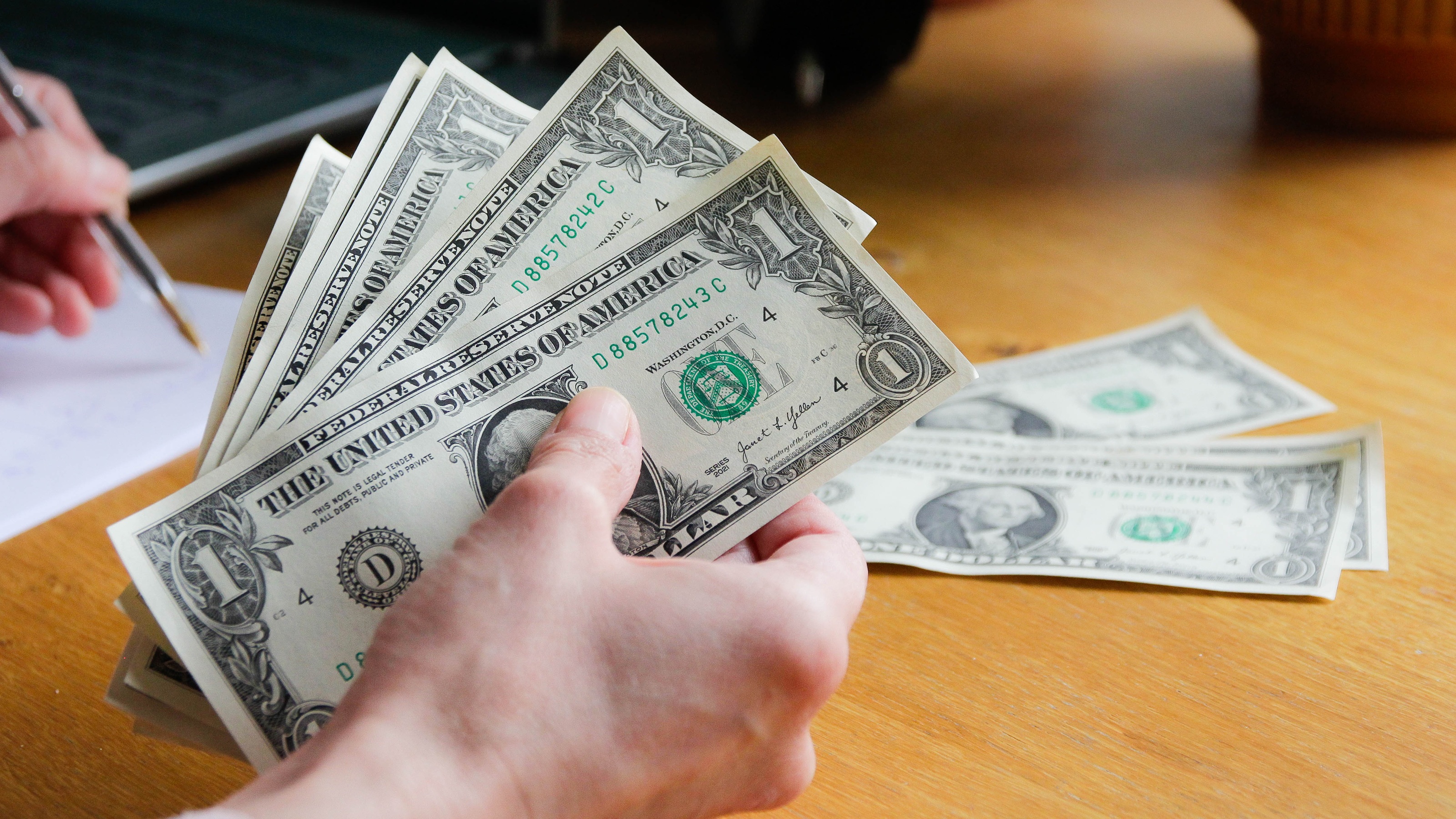
Have a detailed budget. A financial class I took emphasized that a budget is "permission" to spend. We had restaurants, vacation, entertainment, etc., in our budget.
They may not have been large amounts, but we budgeted so we could spend some and still meet our savings/investment goals.
What do you wish you'd known …
When you first started saving? I first enlisted in the AF in 1974. In basic training, we were required to log all of our money and record all of the serial numbers. This "log" was always on our person and must be absolutely up to date if an instructor asked to see it.

That simple exercise also taught me the importance of a written budget. I've kept a written budget ever since and always knew when and where I spent my limited resources.
Before you retired? Once we retired, we jumped right into volunteering, caring for aging parents, etc. I wish we had taken some time "off" before overcommitting to volunteer work. We learned and over time have scaled back and have taken some months off to travel.
When you first started investing? The benefits of a Roth over a traditional IRA. In the late ’80s, I thought contributions to my traditional IRA were a good way to avoid income taxes. Boy, I wish I knew then what I know now about the benefits of a Roth. Fortunately, I got good advice and recharacterized most of our traditional IRA fund to a Roth over time.
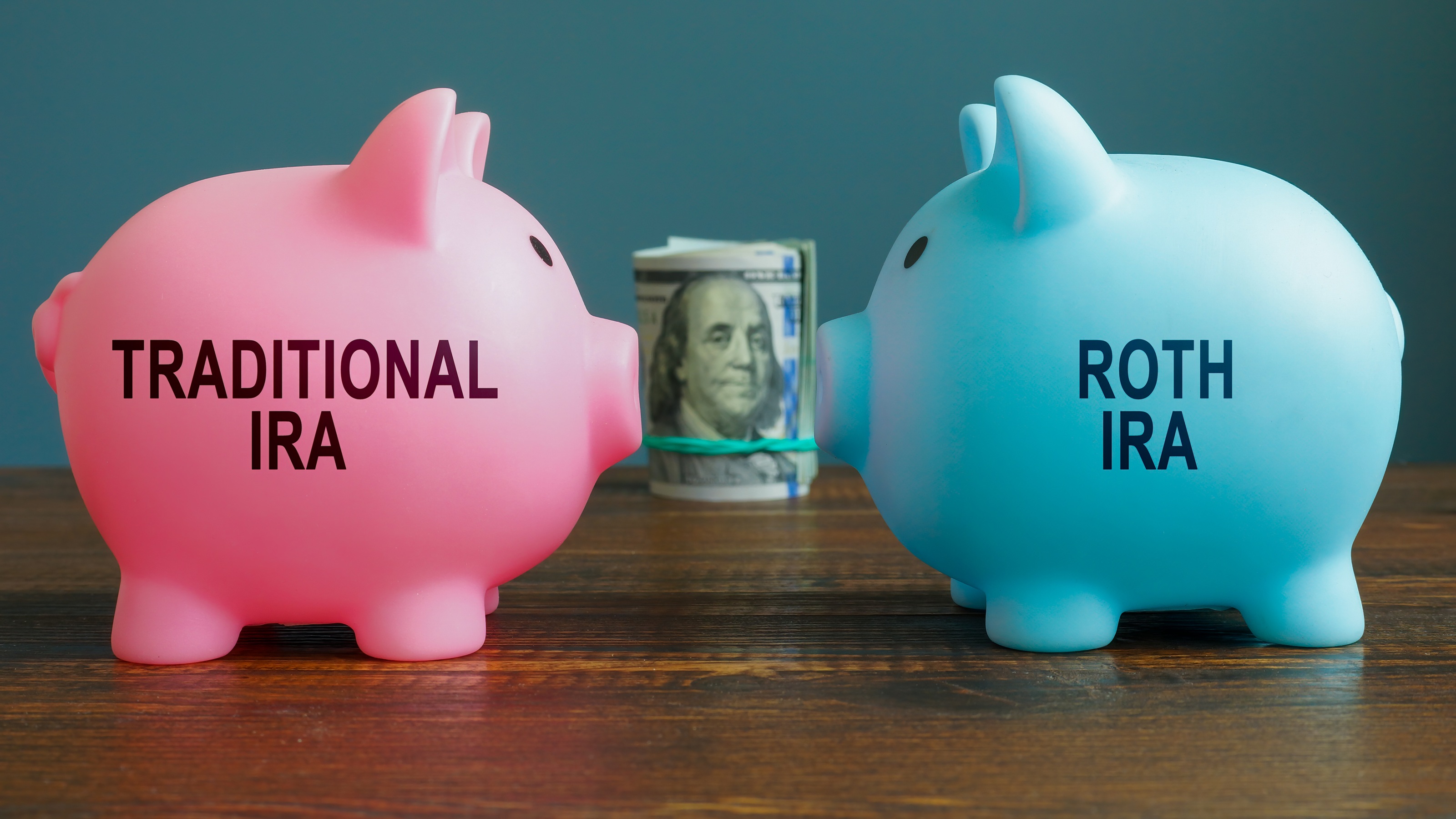
When you first started working with a financial professional? The first FA was with an expensive firm (Merrill Lynch). I learned a lot about expenses and, eventually, how to minimize them. I'm with Edward Jones now, and my expenses are much more tolerable (in large part because of the amount I have invested).
My advice to young people is to invest on your own with one of the big three discount firms (Vanguard, Schwab or Fidelity) until you have at least $500,000. Like me, they will learn a lot on the way to that goal, and they will also have a better idea about what kind of an investor they are and what kind of adviser they want or need.
If you have made $1 million or more and would like to be anonymously featured in a future My First $1 Million profile, please fill out and submit this Google Form or send an email to MyFirstMillion@futurenet.com to receive the questions. We welcome all stories that add up to $1 million or more in your accounts, although we will use discretion in which stories we choose to publish, to ensure we share a diversity of experiences. We'll also want to verify that you really do have $1 million. Your answers may be edited for clarity.
RELATED CONTENT
- You're 62 Years Old With $1 Million Saved: Can You Retire?
- Want to Earn $1 Million More Over Your Lifetime? Do This
- Do You Have at Least $1 Million in Tax-Deferred Investments?
- Are You Rich? U.S. Net Worth Percentiles Can Provide Answers
- Compare Your Net Worth by Age
Profit and prosper with the best of Kiplinger's advice on investing, taxes, retirement, personal finance and much more. Delivered daily. Enter your email in the box and click Sign Me Up.
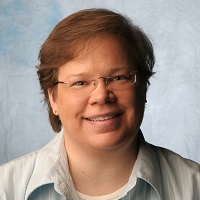
As Contributed Content Editor for the Adviser Intel channel on Kiplinger.com, Joyce edits articles from hundreds of financial experts about retirement planning strategies, including estate planning, taxes, personal finance, investing, charitable giving and more. She has more than 30 years of editing experience in business and features news, including 15 years in the Money section at USA Today.
-
 Thinking of Switching Phone Carriers? Do These 8 Things First
Thinking of Switching Phone Carriers? Do These 8 Things FirstSwitching carriers is easier than ever, but overlooking the fine print could cost you. Here’s what to check before you make the move.
-
 Samsung Galaxy S26 Ultra: What to Know Before You Upgrade
Samsung Galaxy S26 Ultra: What to Know Before You UpgradeThe Galaxy S26 Ultra brings new features and strong launch deals, but whether it’s worth upgrading depends on what you already own.
-
 Nasdaq Soars Ahead of Nvidia Earnings: Stock Market Today
Nasdaq Soars Ahead of Nvidia Earnings: Stock Market TodayWednesday's risk-on session was sparked by strong gains in tech stocks and several crypto-related names.
-
 What Is an Assumable Mortgage and Could It Save You Thousands?
What Is an Assumable Mortgage and Could It Save You Thousands?With mortgage rates still elevated, taking over a seller’s existing home loan could lower monthly payments — if the numbers work.
-
 Have You Fallen Into the High-Earning Trap? This Is How to Escape
Have You Fallen Into the High-Earning Trap? This Is How to EscapeHigh income is a gift, but it can pull you into higher spending, undisciplined investing and overreliance on future earnings. These actionable steps will help you escape the trap.
-
 I'm a Financial Adviser: These 3 Questions Can Help You Navigate a Noisy Year With Financial Clarity
I'm a Financial Adviser: These 3 Questions Can Help You Navigate a Noisy Year With Financial ClarityThe key is to resist focusing only on the markets. Instead, when making financial decisions, think about your values and what matters the most to you.
-
 Where Olympians Store Their Medals is a Great Lesson For Your Valuables and Cash
Where Olympians Store Their Medals is a Great Lesson For Your Valuables and CashWhat you can learn about protecting your cash and values from where Olympians store their medals.
-
 An Executive's 'Idiotic' Idea: Skip Safety Class and Commit a Federal Crime
An Executive's 'Idiotic' Idea: Skip Safety Class and Commit a Federal CrimeSeveral medical professionals reached out to say that one of their bosses suggested committing a crime to fulfill OSHA requirements. What's an employee to do?
-
 How You Can Use the Financial Resource Built Into Your Home to Help With Your Long-Term Goals
How You Can Use the Financial Resource Built Into Your Home to Help With Your Long-Term GoalsHomeowners are increasingly using their home equity, through products like HELOCs and home equity loans, as a financial resource for managing debt, funding renovations and more.
-
 How to Find Free Money for Graduate School as Federal Loans Tighten in 2026
How to Find Free Money for Graduate School as Federal Loans Tighten in 2026Starting July 1, federal borrowing will be capped for new graduate students, making scholarships and other forms of "free money" vital. Here's what to know.
-
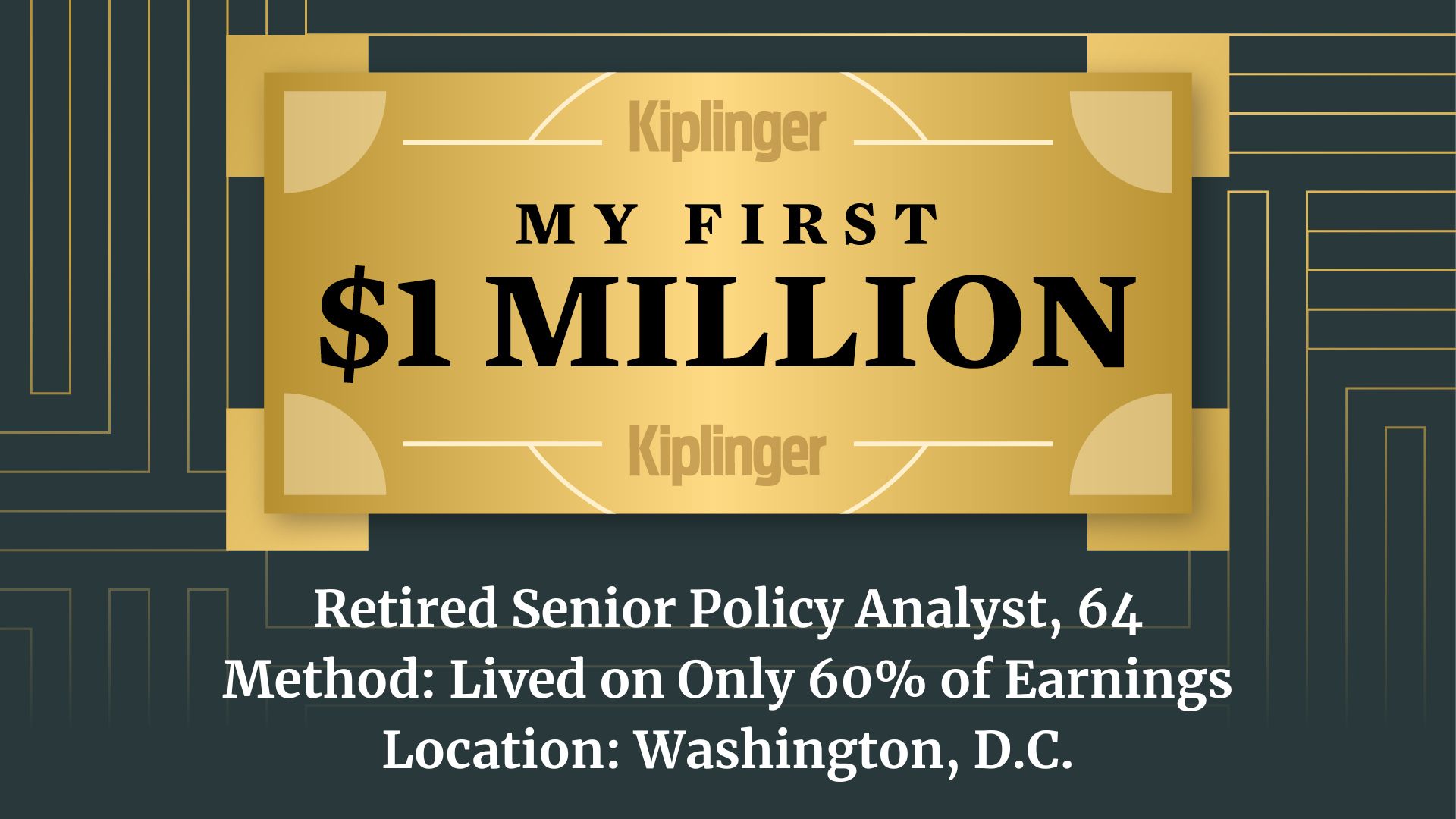 My First $1 Million: Retired Senior Policy Analyst, 64, Washington, D.C.
My First $1 Million: Retired Senior Policy Analyst, 64, Washington, D.C.Ever wonder how someone who's made a million dollars or more did it? Kiplinger's My First $1 Million series uncovers the answers.